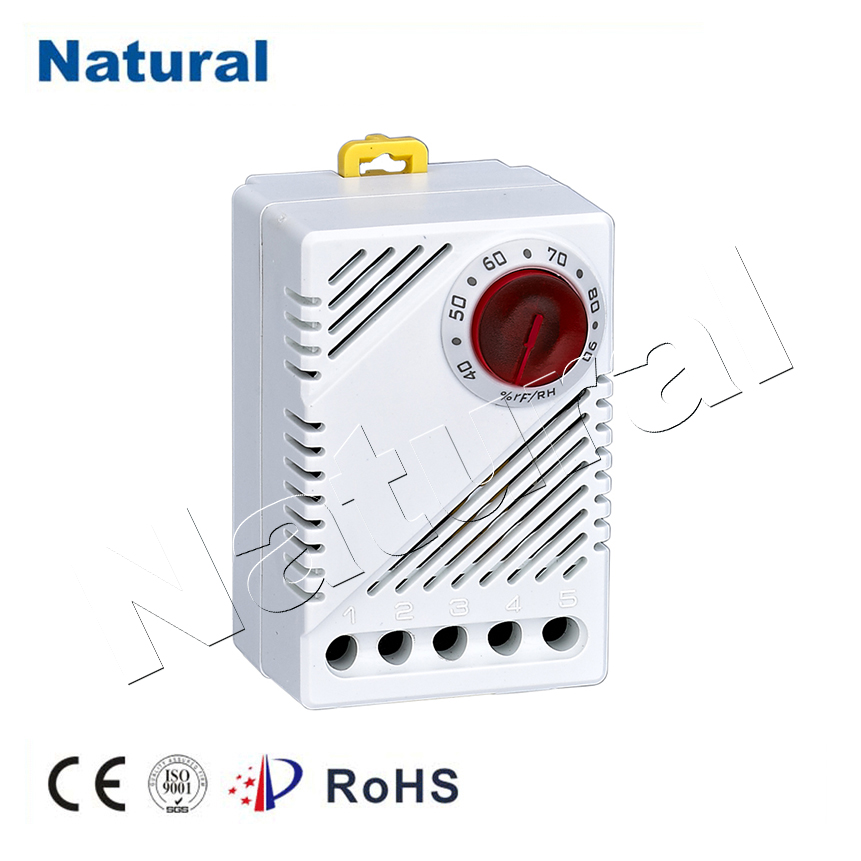文章:

Mechanical Temperature Controllers: Reliable Guardians of Precision In our modern world, temperature control is a crucial aspect of various industries and everyday life. From regulating the temperature of your morning shower to ensuring that critical industrial processes run smoothly, temperature control is omnipresent. One of the unsung heroes in this realm is the mechanical temperature controller. In this article, we will delve into the world of mechanical temperature controllers, exploring their principles, applications, and advantages. The Basics of Mechanical Temperature Controllers Mechanical temperature controllers, also known as thermostats, are devices designed to maintain a specified temperature by regulating a heating or cooling system. These controllers operate based on the principle of thermal expansion. A temperature-sensitive element, often a bimetallic strip or a gas-filled bulb, responds to temperature changes. As the temperature varies, the element expands or contracts, causing mechanical movements that ultimately control the connected heating or cooling system. Applications in Daily Life Mechanical temperature controllers are found in various applications, both at home and in industrial settings. Here are some common uses: Household Heating and Cooling Systems:Thermostats in residential HVAC systems help maintain a comfortable indoor temperature, saving energy and providing a cozy living environment. Refrigerators and Freezers:These appliances rely on mechanical temperature controllers to keep food at the desired cold temperatures, preventing spoilage. Ovens and Stoves:In the kitchen, thermostats ensure that your oven maintains the precise temperature needed for baking and cooking. Water Heaters:They help regulate the water temperature in water heaters, ensuring a consistent supply of hot water for daily use. Industrial Processes:In industries such as manufacturing, pharmaceuticals, and food processing, mechanical temperature controllers play a crucial role in maintaining precise temperature conditions during production. Advantages of Mechanical Temperature Controllers Reliability:Mechanical controllers are known for their durability and reliability. They have a long operational life and can withstand harsh environmental conditions, making them suitable for various applications. Cost-Effectiveness:Compared to some electronic counterparts, mechanical temperature controllers tend to be more cost-effective both in terms of initial purchase and maintenance. Ease of Use:Mechanical controllers are user-friendly, with simple interfaces that are easy to understand and operate. Safety:In some scenarios, safety is paramount. Mechanical controllers are inherently safe, as they do not rely on electronic components that may be vulnerable to electrical failures or interference. Challenges and Considerations While mechanical temperature controllers offer many advantages, they do have limitations. They may not provide the same level of precision and flexibility as some electronic controllers, which can be essential in highly sensitive processes or research applications. Additionally, the response time of mechanical controllers may be slower compared to electronic counterparts, which can be a critical factor in certain situations. Conclusion Mechanical temperature controllers, with their simple yet effective design, have been serving humanity for decades. From regulating the temperature in your home to ensuring the safety and efficiency of industrial processes, these devices continue to play a vital role in our daily lives. While electronic alternatives are on the rise, the reliability, cost-effectiveness, and ease of use offered by mechanical temperature controllers make them indispensable in many applications. As technology continues to advance, it’s important to remember and appreciate the enduring value of these mechanical guardians of precision temperature control.